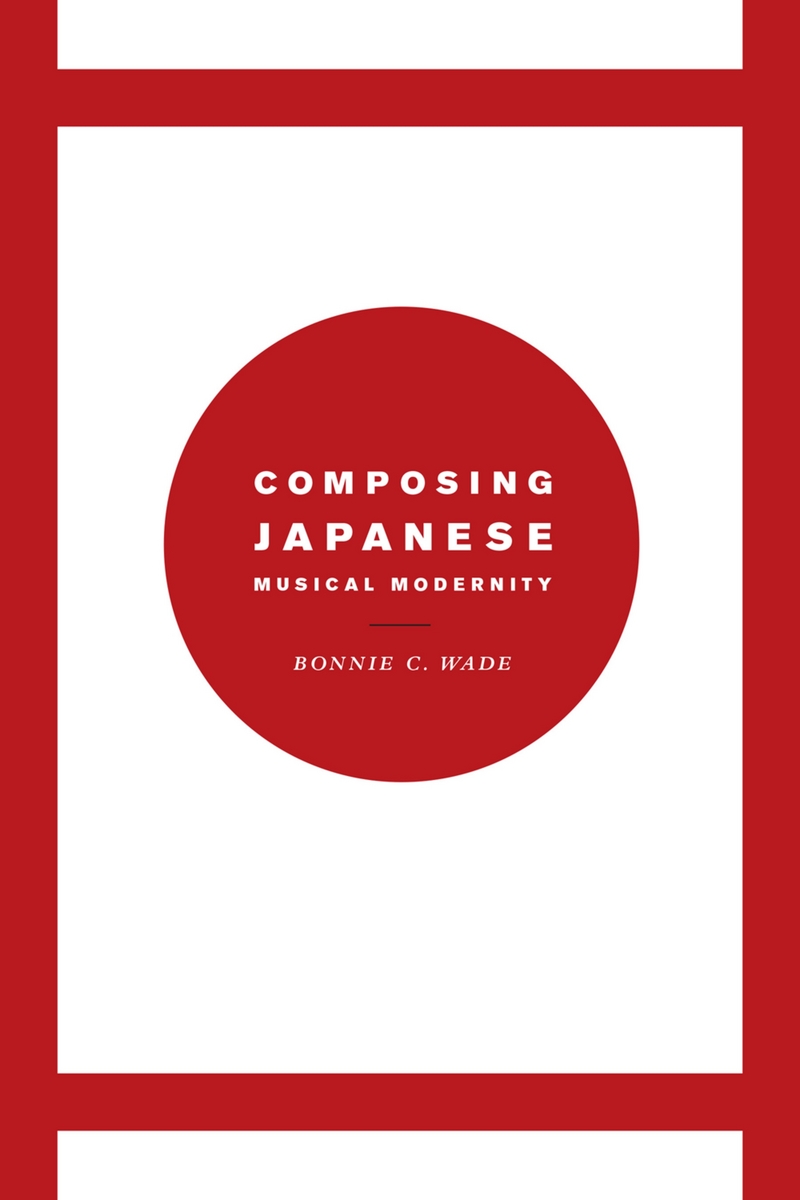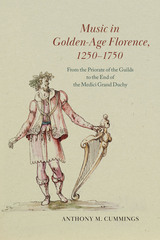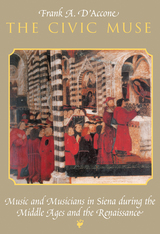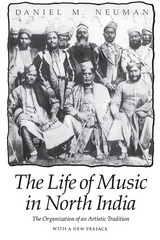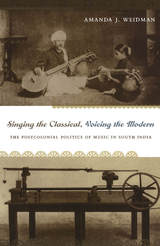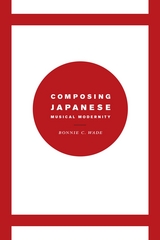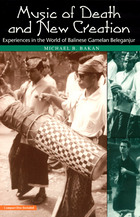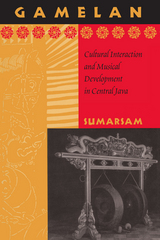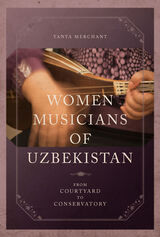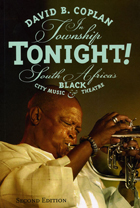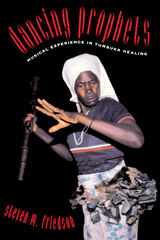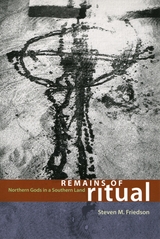“In this highly original book, Bonnie Wade skillfully presents a complicated story by weaving together the connections between political conditions, cultural environments, and social expectations. By focusing on these connections between social domains, she establishes a dynamic scene that cannot easily be captured by single concepts such as modernization, westernization, or globalization. She provides a study that is as much about composers, music organizations, and social history as it is about the making of Japanese musical modernity—a process that is still ongoing.”
— Frederick Lau, University of Hawaii at M¬anoa
“The concept of ‘composer’ was once alien in much of East Asia; it is, largely, a part of modernity, and of the adoption of Western art music and its systems, part of something that in Japan can be charted from the Meiji restoration onwards. In Composing Japanese Musical Modernity, Bonnie Wade takes us on what is essentially an ethnographic journey. Her account is heavily informed by interviews and discussions with composers and their audiences and is theoretically grounded by affordance theory—how music is used and received—rather than analyses of music structures. This is a welcome change to the approach adopted by other scholars. Although she situates her account within ethnomusicology, she brilliantly challenges the otherness embedded in much that is associated with this discipline. And so it must be, since the Japanese music culture she describes is heavily enculturated by the precepts of Western art music. That does not make Japanese composers Western, and Wade finds distinction in the continuance of the age-old tradition of performer-composers and with an identity of place. The latter means that Japanese composers today still connect to the people, creating music for social good rather than maintaining the outdated Eurocentric ‘art for art’s sake’ mantra. Where other accounts have concentrated on either the traditional music of Japan (and those who create music relating to it) or on those who compose using systems associated with European orchestral and ensemble forms, Wade usefully brings both sides together. In doing so, she charts elements of distinction, teasing them out in three broad sectional sweeps, each framed by a distinct environment—the environment of modernization (where composers and musicians create for government, education, industry, and commerce), the environment of a shared cultural space (in which Japan has adopted Western music systems and in which Japanese composers travel abroad), and the environment of specific instrumental and choral groups (and of music composed for these groups). In sum, this is a welcome—and overdue—correction to the literature on Japanese contemporary music.”
— Keith Howard, University of London
“In Composing Japanese Musical Modernity, the distinguished ethnomusicologist Bonnie C. Wade provides a systematic historical and institutional study of contemporary Japanese art music, thereby illuminating its social development and intricate connections with Western music. This book is a model for future explorations of this kind. Composers of other cultures should be so lucky!”
— Fred Lerdahl, Columbia University
“Bonnie C. Wade’s new work is significant and enjoyable, supple and deft in its use of cultural theory, and attentive to historical specificity. As an author she is generous to the composers and performer-composers who are her subjects, allowing them to speak for themselves at length. And this they do, intelligently and sometimes poignantly. Wade skillfully shows that, for Japan’s musical world, the dark decades before 1945 represent not just something ‘bad’ to be renounced but something institutionally and organizationally significant. And by the same token, she also delineates the political stakes of cultural work in the postwar era. In the broadest sense, she illuminates the vectors of modern cultural choice across the globe.”
— Andrew Barshay, University of California, Berkeley
“Wade offers a new understanding of Japanese concert music from the Meiji era to the present. . . . Throughout, she shows how Japanese composers have remained connected with the people and artistically flexible. Flexibility, even among the most noted composers, translates to a variety of compositional styles (conservative tonal to highly experimental) and compositions for amateurs, children, film, television, and anime in addition to concert music for professionals. An unusual, interesting cultural-historical account.”
— Choice
“An important and overdue study of Western concert music’s naturalized presence in modern Japanese life. Wade generously allows many of her informants to speak at length for themselves; we see firsthand how intelligent, articulate, and broad-minded these composers, performers, entrepreneurs, and activists are. Wade’s critical attention to idiosyncrasies, discrepancies, and inconsistencies among their profiles and accounts never wavers, yet she also comes across as an empathic ethnographer who took clear delight in her fieldwork and its many opportunities to share and discuss experiences of music. I highly recommend this book to students and scholars of Japanese public culture. It does justice to the quotidian details and expressive magic that contribute to a musical performance. More significantly, I think, it is further proof of how much there is to be learned more generally about Japan when historians and social scientists include and incorporate music as an object of analysis.”
— Journal of Japanese Studies
